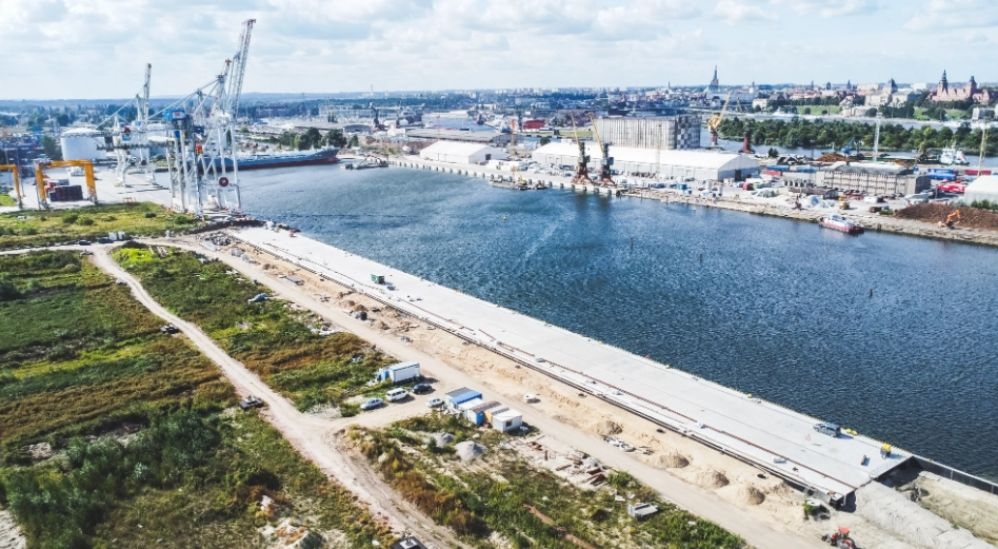
The analysis will determine all safe parameters of the track, related
to ship maneuvering, as well as its navigational markings and the
location of anchorages in such a way that navigation can take place
smoothly and safely.
"Today's signing is another important step in the development of the Świnoujście port, bringing us closer to the construction of a deep-water
container terminal, which will be a key investment to be implemented in
the coming years. Thanks to it, Świnoujście has a chance to become a
transhipment hub for the Baltic Sea, filling the gap between Hamburg and
the Tri-City" - Deputy Infrastructure Minister Marek Gróbarczyk said.
"The Maritime Office has been working on this for a very long time to
create a solution that I think will secure
free access to the Szczecin-Swinoujscie port complex for future generations" he added.
The execution of the analysis is related to the task titled
"Conducting works to enable water transport to the Outer Port in Świnoujście." The planned investment will involve the creation of an
eastern approach track to Świnoujście, with a technical depth of 17.0
meters and a width of 500 meters, covering a stretch of about 70
kilometers.
"It is this document that will indicate the exact parameters of these
tracks and what types of maximum vessels will be able to move in it,"
said Wojciech Zdanowicz, director of the Maritime Office in Szczecin.
"Thanks to this agreement, we will be able to make more tenders, sign
more contracts, in order to implement this project in this EU financial
perspective. We should have the fairway by the end of 2029," Zdanowicz
added.
The new approach will be routed east of the entrance to the port of Świnoujście and will run through the waters of the Polish territorial
sea and the Polish exclusive economic zone. The area where the track
will be located is the corridor designated for shipping routes, included
in the Spatial Development Plan for Internal Sea, Territorial Sea and
Exclusive Economic Zone.
The construction period is 2027-2029, and there will be about 130-150
million cubic meters of dredged material to be extracted during the
dredging.


